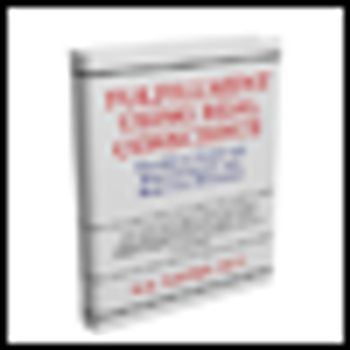Recent decades have seen an outpouring of publications about psychological trauma. With its formal diagnostic category of posttraumatic stress disorder (PTSD), Western psychiatric medicine has led the way in opening up this field of study. Many other disciplines of inquiry, including sociology, anthropology, legal studies, and literary studies, also have contributed their distinctive approaches and methodologies to the subject. Most recently, professional historians in Britain, Germany, Austria, Australia, Canada, and the United States have researched the origins of PTSD to great effect. These “new historical trauma studies” draw heavily on pioneering medical research from earlier places and periods. In addition, empirical findings from and analytical insights into humanity’s troubled, traumatic past provide ideas, observations, and insights that may be useful for mental health practitioners today.





